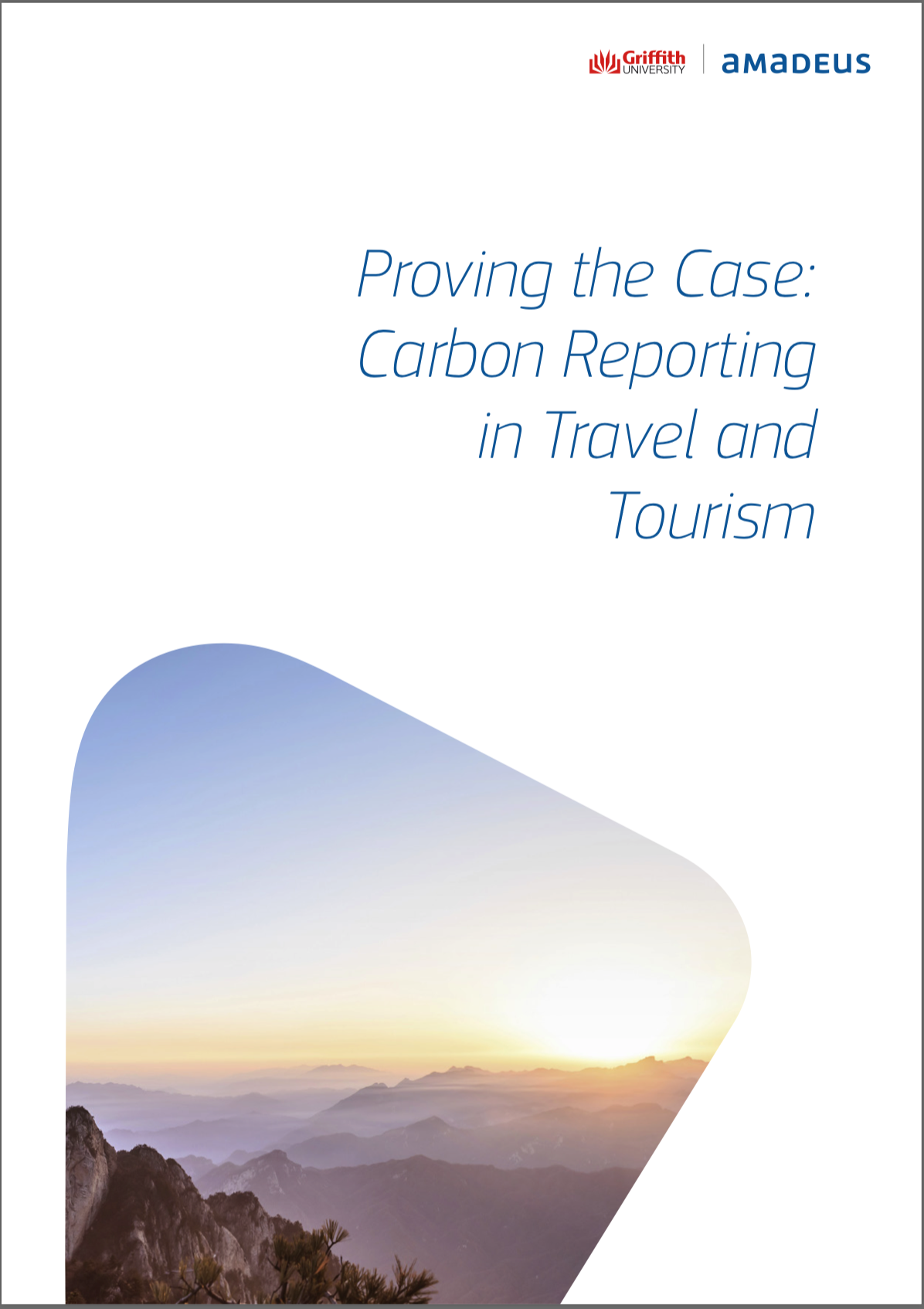Filters
Proving the Case: Carbon Reporting in Travel and Tourism
The measurement, reporting and disclosure of greenhouse gas emissions are becoming more mainstream, especially among larger corporations, followed by smaller operators. Major initiatives originate from both the public and private sectors, indicating widespread recognition of the need to address climate change. Several global reporting frameworks and standards for carbon reporting exist, and compatibility of measurement and accounting between them is improving to facilitate greater uptake.
The benefits of carbon reporting are widely known, and include reduced operational costs, enhanced brand value and better risk management. There is evidence that an increasing number of Travel and Tourism companies are engaging in environmental and carbon reporting. However, considering the size of the sector and its annual growth rates, reporting levels are still comparatively low, and quality is often insufficient. This is particularly so for the measurement of indirect emissions, which can be substantial.
It is expected that, in response to increasing pressure from external stakeholders, as well as mandatory reporting requirements, more Travel and Tourism companies will follow the lead of a growing number of highly committed frontrunners. Third-party verification of emissions has become more central, either as part of compliance or to avoid external criticism, including from travellers. The participation of Travel and Tourism in global reporting is particularly important, considering increasing information on the carbon intensity of travel and the significant contribution of tourism emissions to national and global inventories.
A range of tourism-specific tools are already available to assist companies in their reporting efforts. Several tools also assist in the development of climate change mitigation initiatives. Providing evidence of sustainable practices is beneficial, considering that a large proportion of travellers are aware of climate change and the impacts of travel, although detailed knowledge is often lacking. It has been argued that carbon calculators arean important (educational) tool to provide information to travellers. While there are several tourism-specific carbon calculators, comparative research has found that they often lack consistency and transparency, possibly leading to confusion among users.
Research is inconclusive regarding individuals’ propensity to reduce emissions or to purchase ‘carbon offsets’. Empirical evidence suggests that an uptake of offsetting options is in the lower single-digit percentage of travellers. These are motivated by their knowledge about negative impacts, pro-environmental attitudes, self-image and social norms. Some companies directly offer offsetting to their customers, but the value of such initiatives has not been evaluated. Participation in carbon offsetting schemes could be enhanced by integrating offsetting with booking at the time of purchase. A transparent and consistent approach to calculating and selling offsets should be part of such a scheme, as it enhances both credibility and convenience – key aspects in travellers’ decision making.
In conclusion, a combination of industry leadership on reporting, disclosure and reduction, along with an enabling policy environment (including mandatory schemes), is needed to accelerate progress toward reducing greenhouse gas (GHG) emissions from the Travel and Tourism sector. Customer support for low- carbon products exists, but greater pressure from the travelling public is currently limited due to a combination of lack of willingness to change behaviour, incomplete knowledge about impacts and a lack of readily available and easy-to-understand options.



